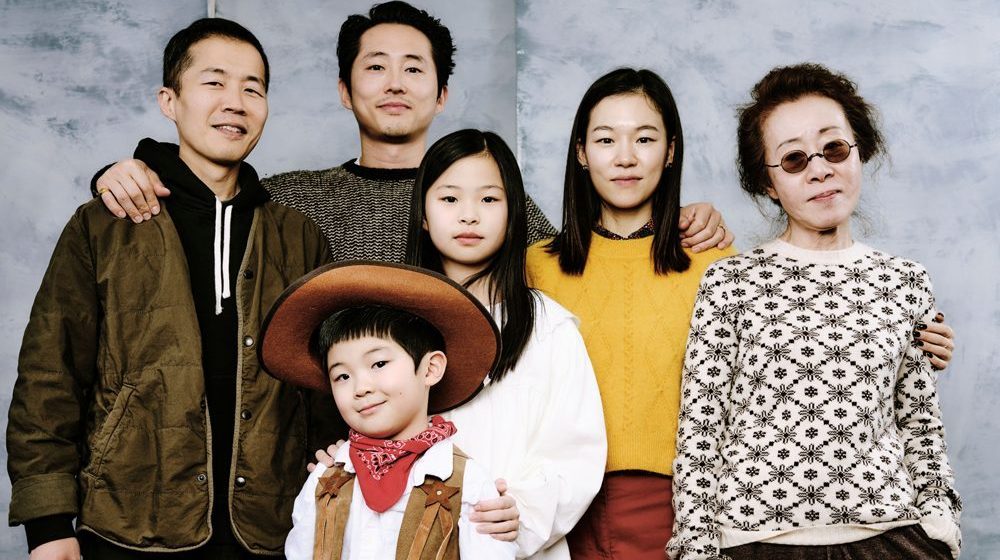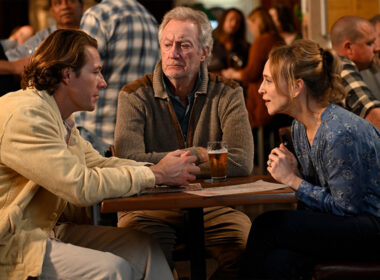Rating: ****
Everyone deserves to live in the world of Minari. Based on his experience growing up as the son of Korean immigrants on a farm in Arkansas, filmmaker Lee Isaac Chung has delivered one of those rare films that has infectious respect for every single character in it. There is no inherent evil that affects the story, no defined villain. Life, that fickle mistress, is both the antagonist and object of desire.
The Yee family moved from California to Arkansas to follow the dream of father Jacob (David Yeun) to plant crops of Korean vegetables for the ever-growing immigrant community in the country. Mother Monica (Yeri Han) is frustrated: this is not the glamourous life she was promised. The children Anne (Noel Kate Cho) and David (Alan Kim) are more inclined to accept the new place. We don’t see much of Anne but it’s hinted she found a group to connect with, and as for David — the youngest and overly-protected by his parents due to a serious heart condition — his only gripe his old and peculiar grandmother Soonja (Yuh-jung Youn) sharing a room with him.
When at home the Yees speak Korean among themselves, like true immigrants do, while the children have assimilated more into America – when preparing food for themselves they choose cheese and banana, or tinned spaghetti, washed down with a glass of Mountain Dew. Jacob and Monica mean well, but it’s harder to teach older horses new tricks. Monica searches for other Koreans in the area she can connect with but the ones who exist are not particularly religious, and the religious people are not particularly Korean.
And maybe this is why Minari is such an important film for our days. After a series of hard years, we’re reminded there is still some good around, including in us.
The culture clash is a double-edge sword but one that ripples beyond just the surface of America versus Korea. It’s in Jacob and Monica’s conflict over their different ambitions. It’s in David resentment his grandmother is not a typical grandmother who bakes cookies (read: she’s not American). It’s even in the immigrant community that isn’t as supportive as you may think. Maybe it’s because the 80s instigated that individuality, or maybe it’s just how things are.
The other Americans are a curious bunch. Every time it looks like the film is about to force the Yees to face intolerance or prejudice, it never does. As an immigrant myself, it rang effortlessly true to the experience. Not to say that there aren’t suspicious looks here and there but Chung works to avoid that negativity in a region already struck by serious social problems. The only genuinely wincing moment comes from children, too innocent to even understand the weight of their comments.
It’s evident that Chung holds the Ozarks in high-regard, and no other character receives a more deserved revisionism than Paul (Will Patton), the odd neighbour who sells Jacob a tractor and offers his labour. Overly religious, he’s a strange man battling his demons that could easily be seen as threatening. But Chung carefully leaves hints that help us understand, accept and, in a way, confront our own internalised prejudice.
And maybe this is why Minari is such an important film for our days. After a series of hard years, we’re reminded there is still some good around, including in us.




